"Sweet fruit" from a bold gamble
Gerardo Morán, a 20-year-old worker in El Salvador, has just made the impossible possible. He bought his own car. What helped him realize his dream was not the familiar US dollar, but bitcoin - a digital asset he has patiently saved from his monthly salary. "Bitcoin helped me buy a car when I was 20 years old," he shared with undisguised pride.
Morán’s story is a small snapshot of the impressive macro picture being painted by the government of El Salvador. By mid-July, when bitcoin prices soared past $122,000 per BTC, the Central American country’s total bitcoin holdings had reached a record $760 million.
With over 6,240 BTC in reserve, El Salvador has reaped a “paper” profit of up to $443 million, a staggering figure given the initial average purchase price of just around $42,000 per coin.
The success is a testament to the bold, even reckless, strategy of President Nayib Bukele. In September 2021, he made El Salvador the first country in the world to recognize bitcoin as legal currency, alongside the US dollar.
The decision sent shockwaves around the world, with traditional financial institutions such as the International Monetary Fund (IMF) and US politicians sharply criticising it, warning of the risks of financial instability and facilitating illegal activities.
Despite the pressure, Bukele stuck to his vision. He pursued a “buy-the-dip” strategy, repeatedly using the national budget to accumulate bitcoins whenever the market tanked.
On social media X, the president, known for his eccentric style, has not hesitated to mock critics, especially when US Senators introduced the El Salvador Accountability Act 2025 to investigate the country's use of bitcoin.
Now, as the market has reversed dramatically, Bukele’s strategy appears to be paying off. The huge profits have made El Salvador’s bitcoin reserves one of the most valuable state-owned crypto assets in the world.
This success is not just a source of pride for El Salvador. "Sovereign countries and central banks should consider including bitcoin in their long-term strategic reserve portfolio. The returns that El Salvador has achieved are a clear demonstration of how this strategy can add value over a 4-5 year cycle," said Pranav Agarwal, independent director at Jetking Infotrain India.
Is Bitcoin really coming to life?
The financial success story is undeniable, but the bigger question is how much has bitcoin changed the lives of the people of El Salvador?
Alongside Gerardo Morán’s story, there are signs that bitcoin is creeping into society. In the city of Antiguo Cuscatlán, the Chivo Pets public veterinary hospital, due to open in 2022, asks clients to pay for their medical check-ups (less than $1) in bitcoin.
"I do use bitcoin for shopping but I don't save as much as it because my financial conditions are still tight. However, I still trust using bitcoin in daily transactions," said Mr. Rogelio Mendoza, 52, a local trader.
Educational efforts are also being stepped up. Organizations like “Mi Primer Bitcoin” are holding classes across the country to teach the benefits of cryptocurrencies. “The hardest thing for students is fear – fear of expanding their knowledge,” said instructor Daniel Viana.
However, these individual stories do not represent the whole picture. A survey by the Institute of Public Opinion at the Central American University (UCA) found a sobering figure: only 8 out of 100 Salvadorans surveyed said they had used bitcoin in 2024.
This figure shows a harsh truth: despite being a highly successful national investment strategy, the application of bitcoin in daily payments and transactions is still extremely limited. For the majority of people, bitcoin is still more of an alien concept than a practical financial tool.
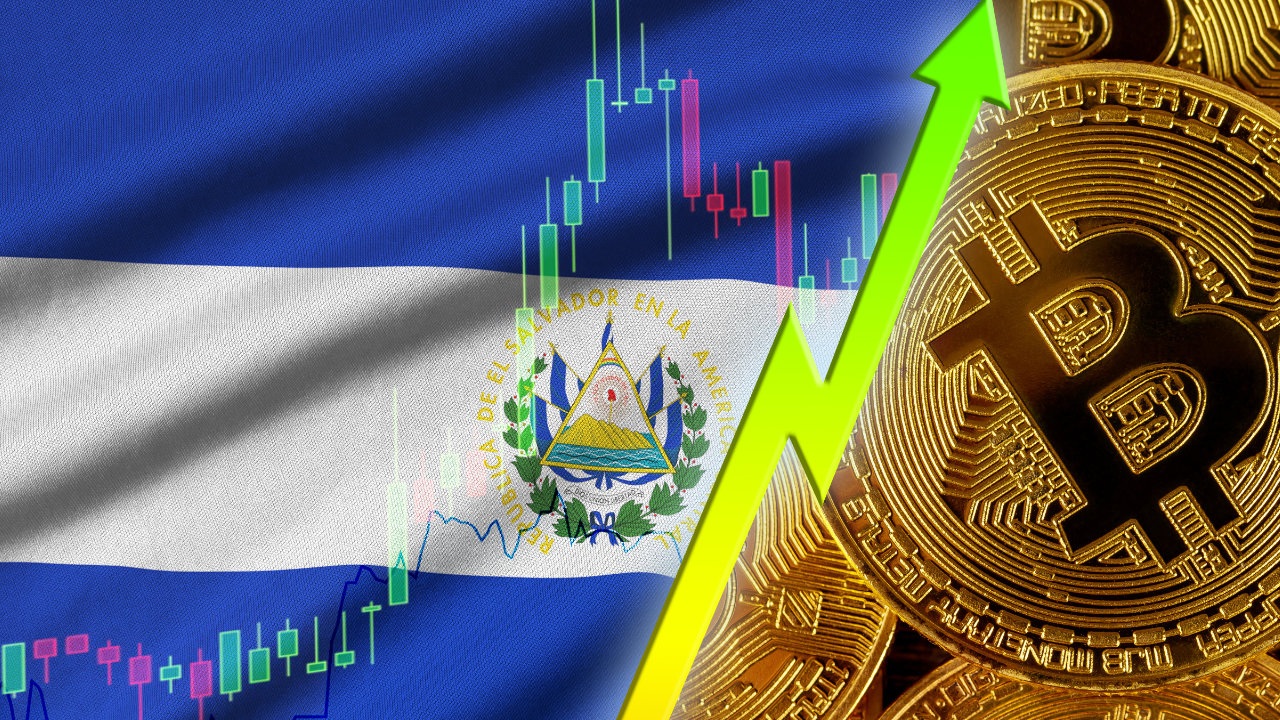
El Salvador is the first country in the world to recognize bitcoin as legal currency (Photo: Business Metrics).
The "twist" from the IMF and the "1 BTC per day" drama
As the El Salvador government and the global crypto community were celebrating the profit numbers, a bombshell was dropped from Washington. On July 15, the IMF released its first official assessment of El Salvador’s bitcoin program since the two sides signed a $1.4 billion loan agreement in December 2024.
The most shocking revelation is that El Salvador has not made any new bitcoin purchases with the state budget since February. This information directly contradicts the bold statements from the Bitcoin Office of El Salvador and President Bukele himself that the country is still steadily "collecting" 1 BTC per day.
According to the IMF report, a commitment letter signed by the President of the Central Bank of El Salvador, Douglas Pablo Rodríguez Fuentes, and Finance Minister Jerson Rogelio Posada Molina confirmed: "The amount of bitcoin held by the public sector remains unchanged."
The IMF explained that the misconceptions about El Salvador's continued accumulation of bitcoin stemmed from "misinterpretations" of on-chain transactions. Bitcoin transfers between the government's hot and cold wallets were mistaken for new purchases.
The report also clarified the terms of the loan agreement. In exchange for the $1.4 billion loan, El Salvador agreed to reduce its role in bitcoin. In January, the country’s Congress amended the law to make accepting bitcoin as a means of payment optional rather than mandatory. More importantly, the government must stop buying more BTC with state funds and privatize the Chivo digital wallet by July.
Two Narratives and an Uncertain Future
The truth revealed by the IMF has created a confrontation between two completely opposite narratives.
On one side is the official, documented story: El Salvador has halted its bitcoin gamble in exchange for macroeconomic stability through an IMF loan. It is meeting its commitments to reduce fiscal risks and stabilize inflation.
On the other side is the story of President Bukele and his media machine: building a strong, independent El Salvador, unafraid to challenge global financial institutions and firmly pursuing the path of cryptocurrencies. Even after the IMF report was released, Mr. Bukele took to social network X to affirm his position: “No, we have never stopped and we will not stop in the future.”
This discrepancy raises many questions: Why has the government of El Salvador maintained a public message that contradicts its commitment? Is this a political stunt to maintain the image of a tough, anti-establishment leader in the eyes of its people and the international bitcoin community? Or are there bitcoin purchases being made by private entities linked to the government, outside the purview of the IMF?
While El Salvador has been sitting idle, the trend of bitcoin accumulation by governments and businesses around the world continues. Japan's Metaplanet, France's The Blockchain Group, and many others are still buying heavily. This suggests that El Salvador's change in strategy may not be a surrender but a tactical retreat due to economic pressure.
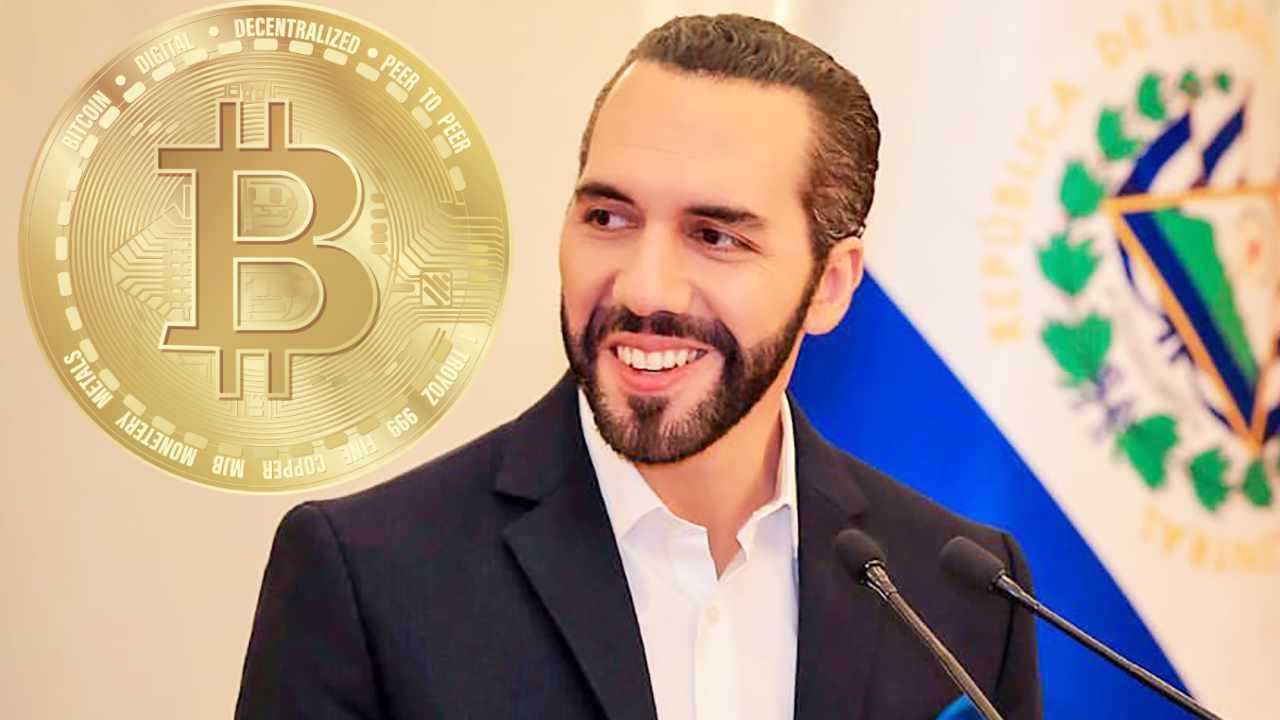
President Bukele claims to still be collecting Bitcoin every day, but the IMF claims he stopped buying in February (Photo: bitcoin.com).
El Salvador’s bitcoin gamble has so far paid off on the books. The huge returns are a testament to the timing of the investment. But the price has been a compromise with the very institution that President Bukele once so vehemently opposed.
The future of El Salvador’s cryptocurrency strategy remains uncertain. Will the paper profits be invested in public services, or will they remain just numbers dancing on a screen? Will President Bukele find a way to stay in the game once the economic pressure eases?
The world is watching to see how El Salvador’s “bold experiment” pans out. Success in amassing and maintaining significant bitcoin holdings could inspire other countries to take digital assets more seriously.
While cryptocurrencies have always been subject to high volatility, El Salvador’s strategy has become a clear demonstration of long-term confidence in bitcoin. The country’s bitcoin reserves are now not just an asset, but a symbol of the country’s digital-oriented national policy and leadership in the new financial era.
Source: https://dantri.com.vn/kinh-doanh/el-salvador-duoc-gi-mat-gi-sau-canh-bac-bitcoin-khien-ca-the-gioi-sung-so-20250722020317054.htm






![[Photo] General Secretary To Lam and National Assembly Chairman Tran Thanh Man attend the 80th Anniversary of the Traditional Day of the Vietnamese Inspection Sector](https://vphoto.vietnam.vn/thumb/1200x675/vietnam/resource/IMAGE/2025/11/17/1763356362984_a2-bnd-7940-3561-jpg.webp)

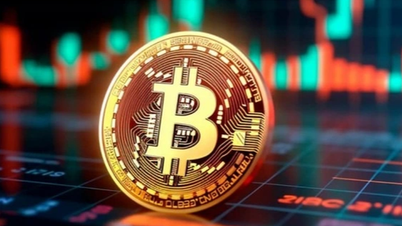

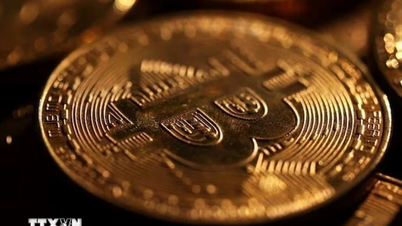

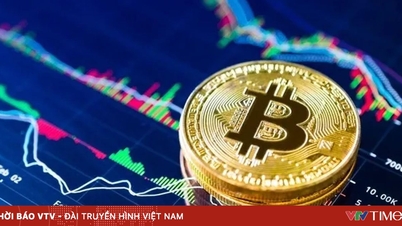



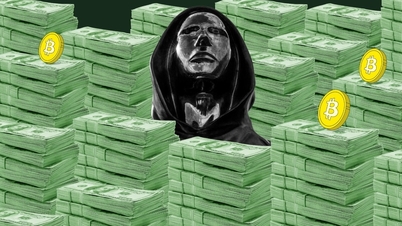

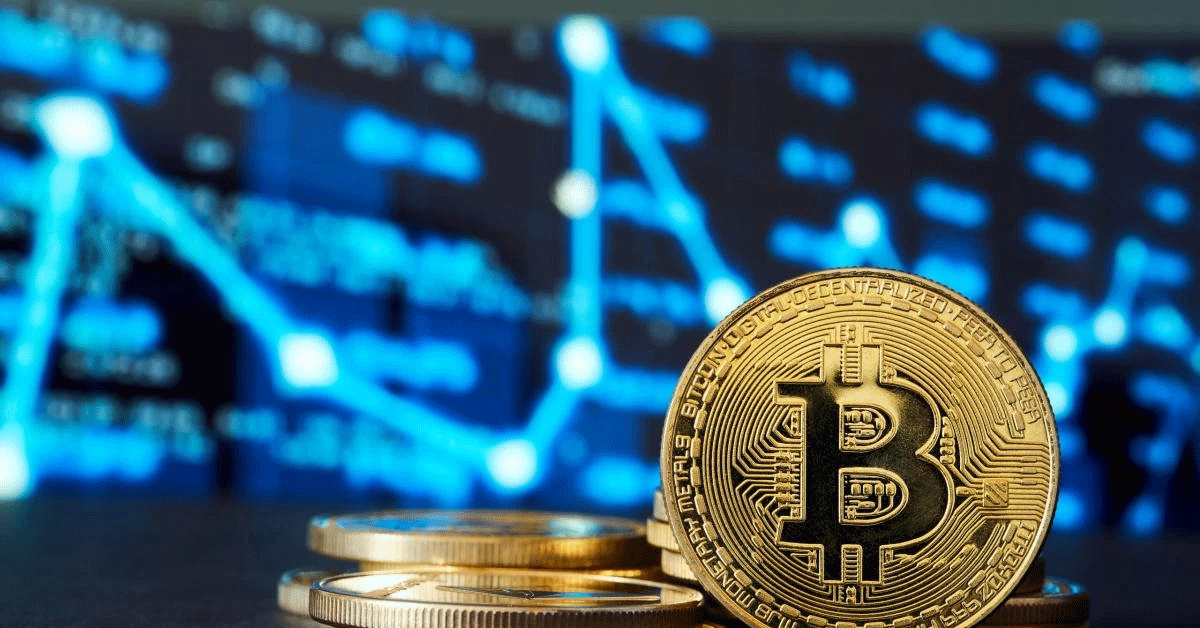




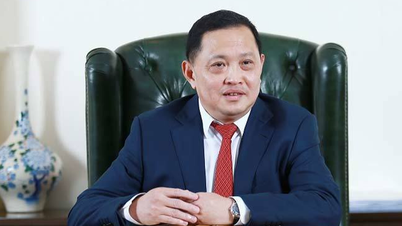


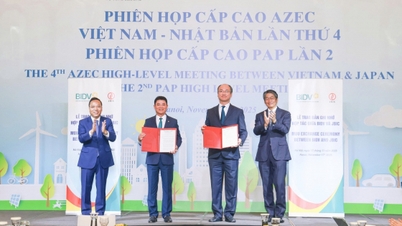





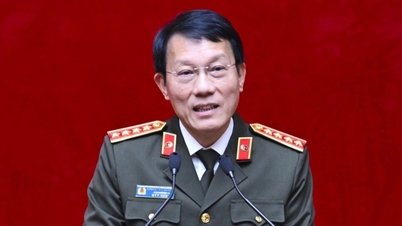

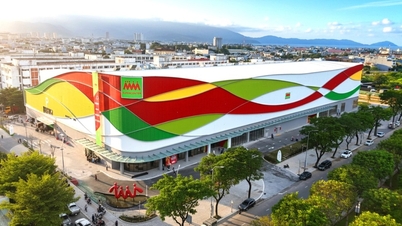
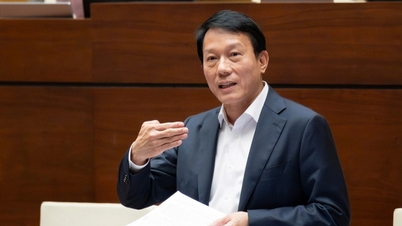

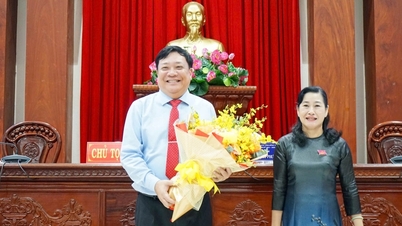


















































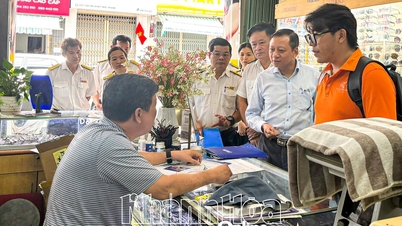


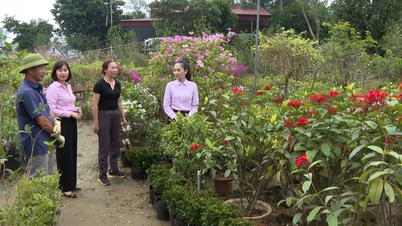

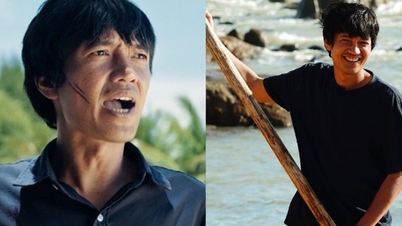
















Comment (0)